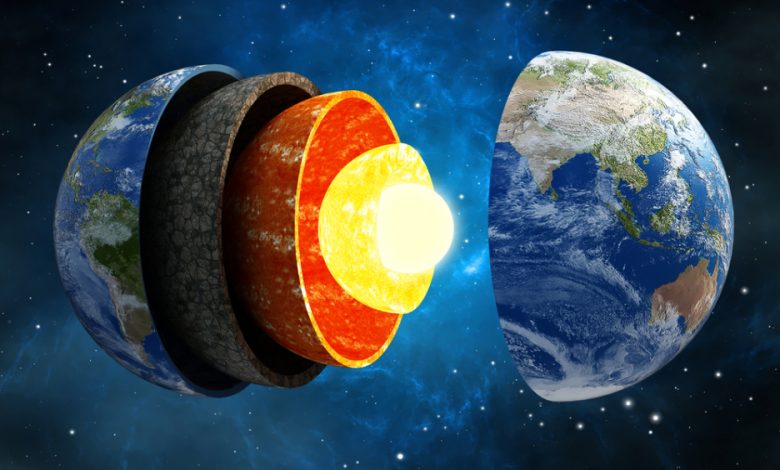Earth science

Earth science or geoscience includes all fields of natural science related to planet Earth. This is a branch of science dealing with the physical and chemical constitution of Earth and its atmosphere. Earth science can be considered to be a branch of planetary science, but with a much older history. Earth science encompasses four main branches of study, the lithosphere, the hydrosphere, the atmosphere, and the biosphere, each of which is further broken down into more specialized fields.
There are both reductionist and holistic approaches to Earth sciences. It is also the study of Earth and its neighbors in space. Some Earth scientists use their knowledge of the planet to locate and develop energy and mineral resources. Others study the impact of human activity on Earth’s environment, and design methods to protect the planet. Some use their knowledge about Earth processes such as volcanoes, earthquakes, and hurricanes to plan communities that will not expose people to these dangerous events.
Earth science (also known as geoscience), is an all-embracing term for the sciences related to the planet Earth, including geology, geography, geophysics, geochemistry, climatology, glaciology, hydrology, meteorology, and oceanography.
Although mining and precious stones have been human interests throughout the history of civilization, the development of the related sciences of economic geology and mineralogy did not occur until the 18th century. The study of the earth, particularly palaeontology, blossomed in the 19th century. The growth of other disciplines, such as geophysics, in the 20th century, led to the development of the theory of plate tectonics in the 1960s, which has had a similar effect on the Earth sciences as the theory of evolution had on biology. Earth sciences today are closely linked to petroleum and mineral resources, climate research and to environmental assessment and remediation.
Atmospheric sciences
Although sometimes considered in conjunction with the earth sciences, due to the independent development of its concepts, techniques and practices and also the fact of it having a wide range of sub-disciplines under its wing, atmospheric science is also considered a separate branch of natural science. This field studies the characteristics of different layers of the atmosphere from ground level to the edge of the space. The timescale of the study also varies from days to centuries. Sometimes the field also includes the study of climatic patterns on planets other than earth.
Oceanography
The serious study of oceans began in the early to mid-20th century. As a field of natural science, it is relatively young but stand-alone programs offer specializations in the subject. Though some controversies remain as to the categorization of the field under earth sciences, interdisciplinary sciences or as a separate field in its own right, most modern workers in the field agree that it has matured to a state that it has its own paradigms and practices. As such a big family of related studies spanning every aspect of the oceans is now classified under this field.
